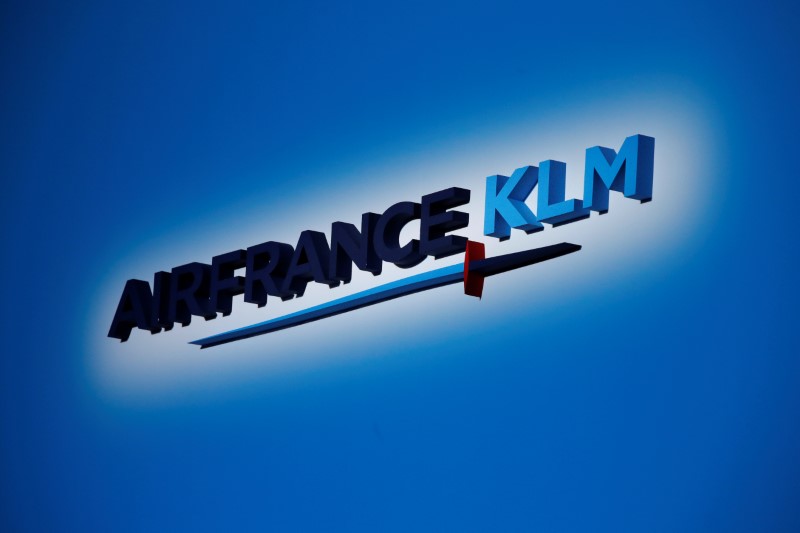By Martinne Geller
LONDON (Reuters) - Unilever (L:ULVR) (AS:UNc) executives took to the British press and airwaves on Tuesday to defend their plan to base a new single headquarters in the Netherlands in the face of opposition from several prominent shareholders.
The plan by the Anglo-Dutch company has become a hot topic in Britain where it has become entangled in the debate over Brexit and its impact on the economy.
Two main practical concerns are around the forced selling of Unilever shares by some British investors because Unilever will drop out of the benchmark FTSE 100 index (FTSE), and the future tax treatment of Dutch dividends.
In a coordinated charm offensive, Chairman Marijn Dekkers wrote an op-ed in the Daily Telegraph, while Chief Financial Officer Graeme Pitkethly appeared on BBC Radio 4's Today program.
Both stressed that the maker of Dove soap and Ben & Jerry's ice cream remained committed to Britain, with over 60 percent of its business run from London, and repeated arguments for why the move will benefit the company and its shareholders.
"The benefits we get, which accrue to all shareholders, are the ability to manage our portfolio of brands and businesses more dynamically in many ways," Pitkethly said.
The company decided to collapse its dual-headed structure following a review sparked by last year's unsolicited $143 billion takeover offer from Kraft-Heinz (O:KHC).
It says the move will improve governance and make it more agile, particularly when it comes to big-ticket deals.
David Cumming, chief investment officer of equities at Aviva (LON:AV) Investors, a top-20 Unilever shareholder, told BBC Radio that it looked like Unilever was moving to the Netherlands for better takeover protection following Kraft's approach.
"After 90 years with a dual structure, it seems a little bit of a coincidence," Cumming said.
"I think they will struggle, because I don't see logically why any UK shareholder would support Unilever's decision to go Dutch."
Responding to the comment about takeover protection, Pitkethly said "the best form of protectionism is great performance".
BLOW BEFORE BREXIT
Unilever has said repeatedly that its Dutch future had nothing to do with Brexit. Still, its departure would be a blow for the British government as it struggles to negotiate its divorce from the European Union and preserve its place as a central hub for business and finance.
Brexit opponents have warned its exit was a sign of business losing faith in the country. Brexit supporters, meanwhile, pointed to Unilever's ongoing commitment to its UK staff and operations.
For the proposal to pass, it needs approval from 75 percent of the UK PLC's voted shares, and 50 percent of the Dutch NV's.
It also needs to be endorsed by a majority of shareholders.
If approved, at votes scheduled for Oct. 25 and 26, the existing shares would stop trading on Dec. 21, with the new shares beginning to trade on Dec. 24.
Four top-20 shareholders, including Aviva, have voiced concern or disapproval. Together, they control about 5.5 percent of the British entity's shares, according to Thomson Reuters data.
A promise by the Dutch government to scrap its 15 percent withholding tax on dividends was seen as helping to lure Unilever to the Netherlands. Yet the promise faces opposition by domestic critics and has become a hot political issue.

Chairman Dekkers said on Tuesday that the dividends will not face a new form of tax. The company has laid out an alternative plan to distribute capital in the event that the tax is not abolished.